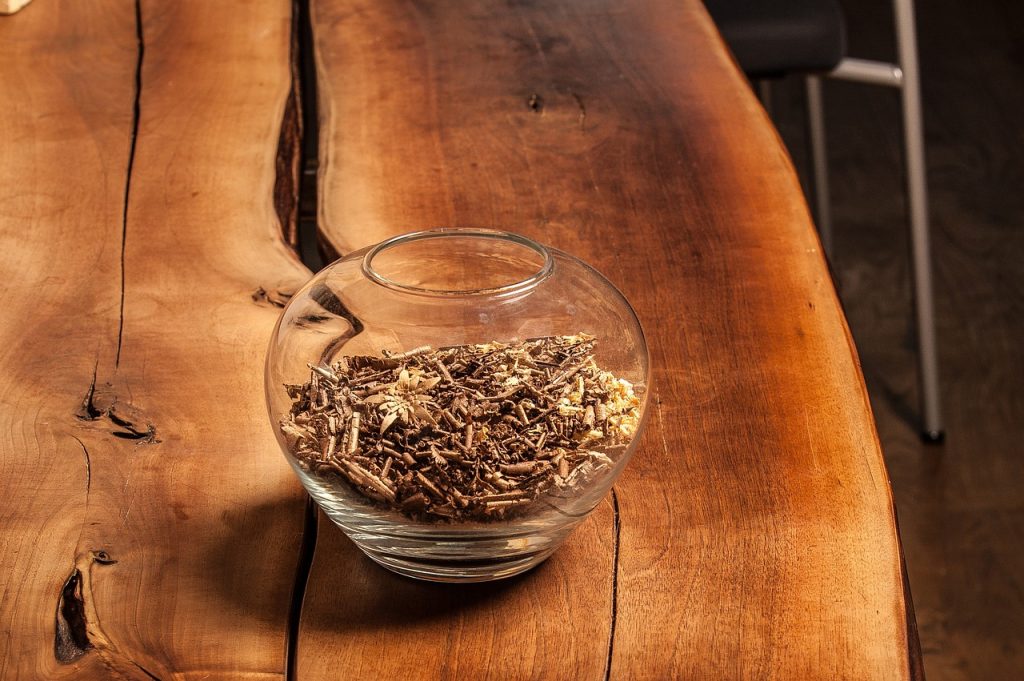Report: Biorefining of wood could become the key future green technology for Estonia
Wood-based bio-products could come to replace oil-based ones, and Estonia has a strong economic potential in bio-refining, both in the stage of research and development as well as production, says the Foresight Centre brief report “Biorefining Wood: Today and in the Future”.

Biorefining allows the use of wood offcuts and thus helps to reduce waste; however, it needs investments and sufficient volumes of raw materials.
“Wood-based bio-products have similar or even better qualities than fossil-based products. Biorefining would eliminate the need to produce oil-based chemicals and reduce the impact on the environment. For example, the use of wood-based ethanol could decrease greenhouse gas emissions by more than 60% compared to gasoline,” said the Head of Research of the Foresight Centre Uku Varblane, adding that most of the products from the chemical, cosmetics, and pharmaceutical industries have remained oil-based to this day.
Biorefining helps to reduce waste and promote circular economy, transforming 99% of the raw material into useful products. In addition, industrial waste can also be directed into combined heat and power production (CHP), reducing the environmental impact of waste disposal.
The Scandinavian countries have been investing into wood chemistry for decades, but are mostly using traditional technologies in their biorefinery plants. Estonia could find its angle in refining wood with the help of synthetic biology, such as the production of lignin and wood sugar, or xylose. “These are innovative technologies which our neighbours have largely overlooked in their investments,” Varblane pointed out.
In contrast to several other green technologies, the value of biorefining in Estonia would lie not only in developing the technology but also in its manufacture.
The report commissioned by the Foresight Centre shows that Estonia should take the opportunities offered by the construction of pilot plants and the production of fine chemicals or biomaterials with a high market value from cellulosic sugars. Research and development in Estonia is of a high level; for example, several research groups are actively studying the enzymatic degradation of cellulose, and there is future in cooperation with material sciences.
Experts feel that biorefining could significantly impact Estonia’s regional development – an assessment from 2016 put the added value of the wood refinery planned in Estonia as 1.1–1.4% of the GDP at the time, most of which would be generated outside the capital region.
The Foresight Centre highlights in its brief report that the environmental impact of biorefining depends on the sustainability of forestry – it is critically important to preserve the balance between the use of biomass and the health of the forest ecosystem.
The brief “Biorefining Wood: Today and in the Future” is part of the Foresight Centre research into “Green Transition Trends and Scenarios in Estonia.”
Latest news
-
27.06 2025Current low birth rate will lead to up to 1.3 billion euros less tax revenue in the future
In its new short report “The impact of population ageing and low birth rate on long-term state revenue and expenditure”, the Foresight Centre notes that the lower than projected birth rate will reduce government spending on family policy and education, but in the long term, it will mean up to 1.3 billion euros less in tax revenue.

 An independent think tank at the Riigikogu
An independent think tank at the Riigikogu